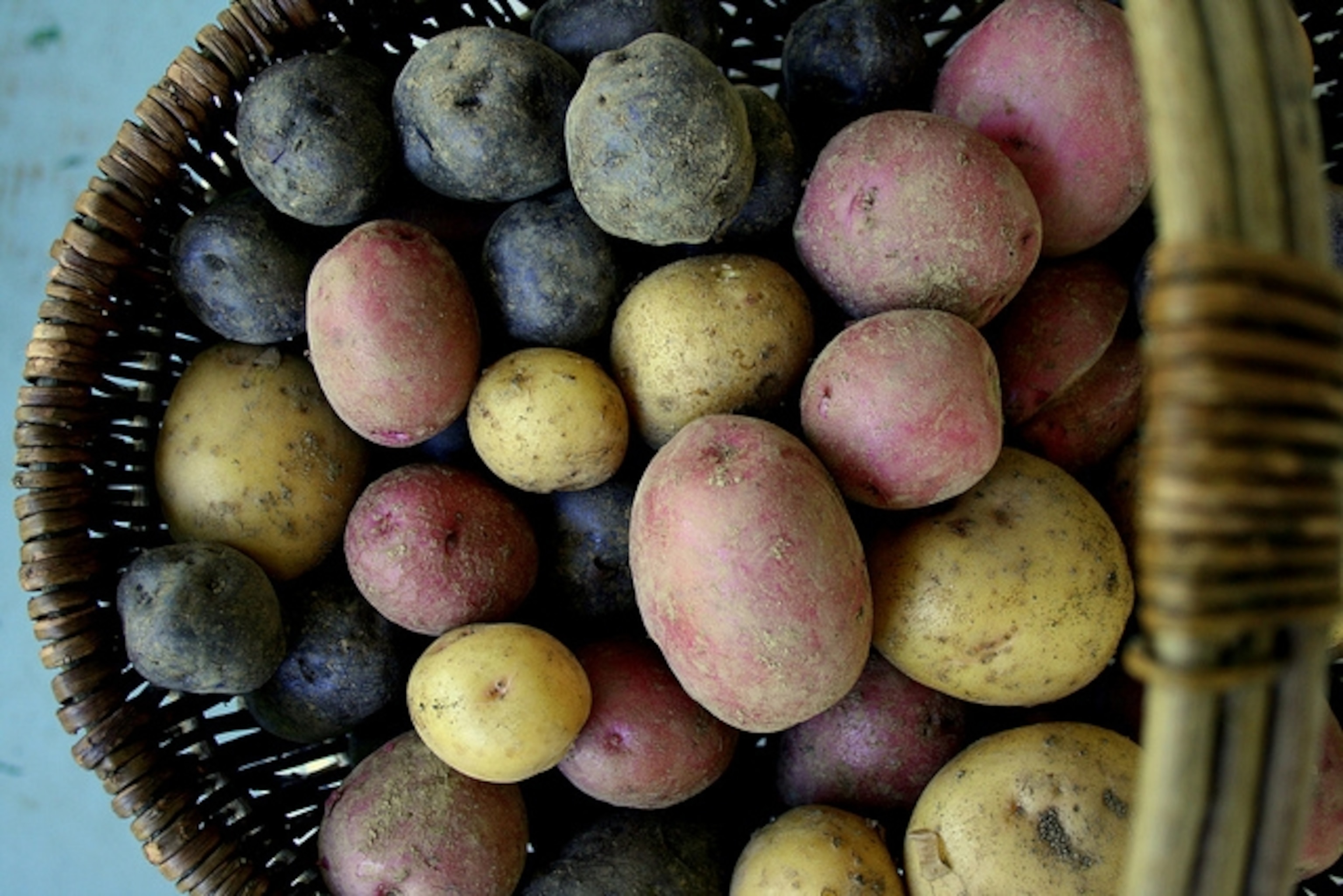
Rebecca Rupp: Why Food is Important
I was just asked why I care about food. Why write all this chatty stuff—like I do—about tomatoes, ice cream, and oatmeal?
At first, it struck me as a silly question. I mean, it’s obvious why anybody cares about food. We care about food because without it, we’ll die, right? We need to eat. Think of the Donner Party. Think of what Tom Hanks went through in Castaway, trying to crack coconuts and nab crabs.
Then I realized that it isn’t a silly question at all. In fact, it may be the question. We care about food because without food, we’ll die.
Our food problem is far more than foodie-ism, fad diets, local eating, gluten allergies, and demanding the pedigree of the chicken in your dinner pot pie. Our food problem is bigger. It has to do with global population and water. We’ve got too much of the first and too little of the second. Globally, close to a billion people suffer from hunger. That’s one out of every seven people on the planet. And if we’re going to feed them, we need water.
A lot of water. Worldwide, about 70 percent of the water used by people is used for agriculture. It takes 1,000 tons of water to produce a single ton of grain, 1,500 tons to produce a ton of potatoes. Move a step up the food chain and things get worse: it takes somewhere between 15,000 and 70,000 tons of water to produce a ton of beef—enough for 8,000 hamburgers—and up to 5,700 tons of water for a ton of chicken.
Our planet is rolling in water—but most of it is salty. In fact, the fresh water available to people is less than 0.1 percent of all the water on Earth. If all our planet’s water were reduced to a gallon jug, our freshwater share would amount to about half a teaspoon. That’s what we’ve got to grow food.
Much of the water that we use for irrigation comes from underground aquifers, vast subterranean lakes built up, trickle by trickle, over tens of thousands of years. North America’s Ogallala Aquifer is one of the world’s largest—225,000 square miles beneath the Great Plains, stretching from Texas to South Dakota. The water pumped from it nourishes a fifth of America’s cropland, but at the present rate of pumping, the Ogalalla will be empty in the next century or so. All over the world, water tables are dropping, Predictions are that the world’s next wars will be fought, not over oil, but for water.
I care about water. Because I care about food.
And I care about food because—well, without it we’ll die.
This story is part of National Geographic’s special eight-month “Future of Food” series.